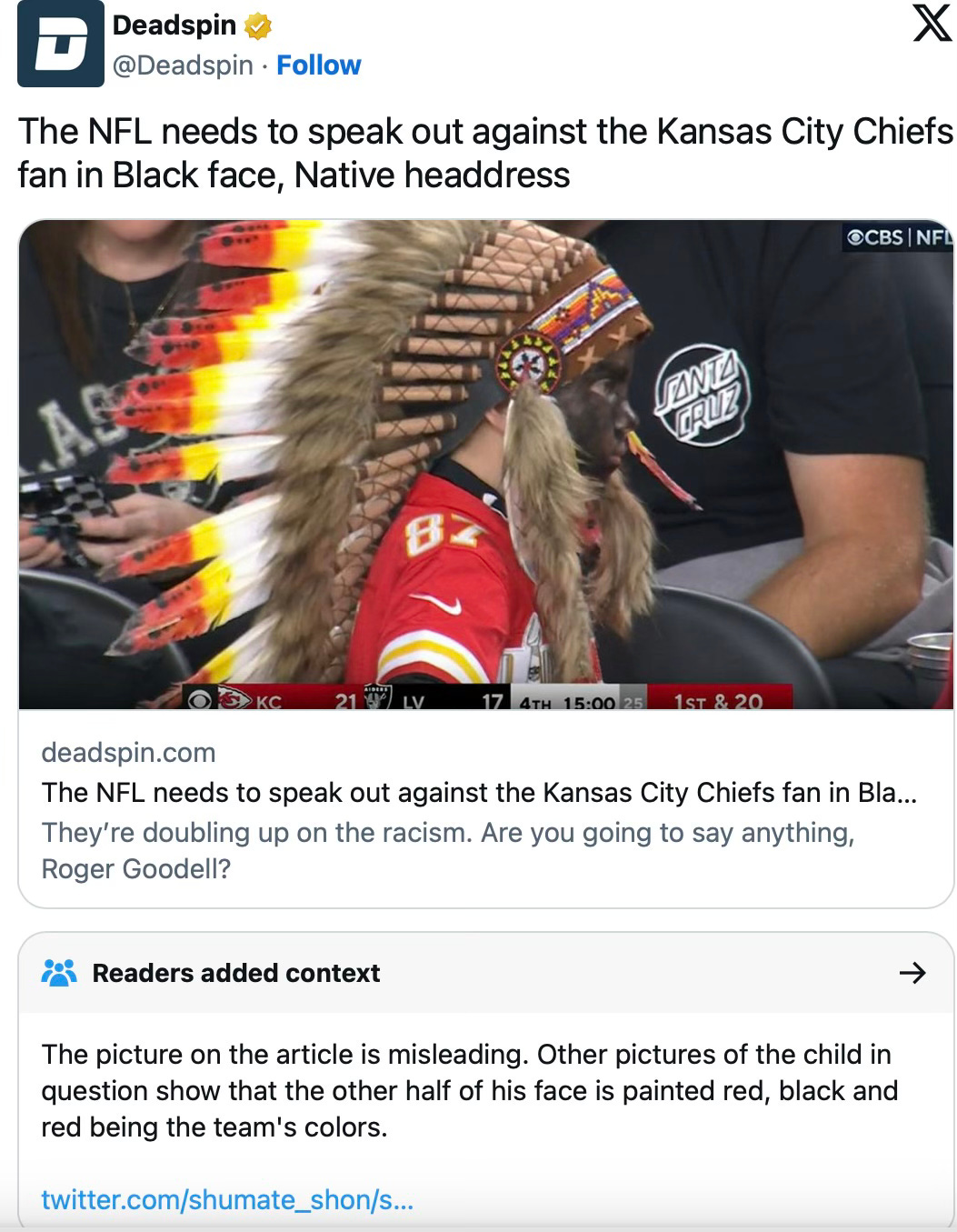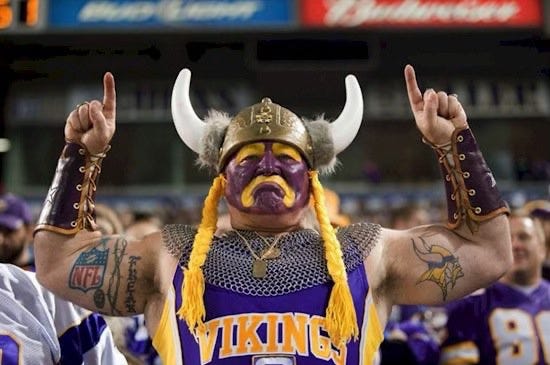
Sometimes in the deep dark caverns of my mind, I actually think. I don’t just mean my brain spiraling into the laundry list of to dos for the day, freaked out about looming deadlines, or the worries every parent feels when even their adult child moves a thousand miles (or more) from home.
Philosophy. That’s what I mean.
There has always been a search for meaning, questions about the universe, if there is a god, and what happens to us when we’re dead. But given recent world-wide events, these questions become more pressing.
I like Immanuel Kant who focused on ethics that put humanity first, “acting only in accordance with rules that could hold for everyone” (Internet Encyclopedia of Philosophy). He was raised by pious Protestant parents. Thus, his ethical beliefs are those based on a belief in free will, God, and that our souls live on in eternity. He has a rather optimistic view of humanity, as if he were the precursor of the United Nations.
Are there universal rules of humanity that we can all share? I could blow off Kant by saying that he clearly didn’t understand maniacal dictators who would follow two hundred years later. But, that would be ignoring history. Wars happened all the time. Kant was alive when Frederick the Great was leading Prussia. Even George Washington’s style as a general was influenced by Frederick the Great.
In other words, we can’t write off Kant as out of touch. He remained an optimist because of his belief that there were universal lines that wouldn’t be crossed and a strong belief in reason. He believed in freedom and equality for all. He believed that governmental laws had a role in maintaining order to ensure freedom and equality could exist, but the will of the people shouldn’t be infringed upon by the government. Kant believed:
“Among the freedoms that ought to be respected in a just society (republican or otherwise) are the freedom to pursue happiness in any way one chooses (so long as this pursuit does not infringe the rights of others, of course), freedom of religion, and freedom of speech. These last two are especially important to Kant and he associated them with the ongoing enlightenment of humanity in “What is Enlightenment?” He argues that it “would be a crime against human nature” (8:39) to legislate religious doctrine because doing so would be to deny to humans the very free use of reason that makes them human” (Internet Encyclopedia of Philosophy).
If this sounds vaguely familiar, it could be because Kant’s philosophy greatly influenced our founding documents. Lord knows, he wasn’t a perfect philosopher. Women’s rights were not really figured into the plan. But it was the 1700s.
Here are the questions that I face when reviewing philosophers on what could be called an online Philosophy for Dummies: How, after thousands of years, are we still fighting against the same evil forces over and over again? How is it that in 2023, we have people filled with such hate that they try to wipe an entire country and its citizens off the map? Why are Americans so divided that they cannot use reason to name the enemies we face?
Obviously, there is that pesky thing called terrorism that could be explained by a lack of reason. If you are taught to hate Jews from birth, you will grow up hating Jews. There are definitely no critical thinking skills taught by Hamas. Thus, it’s a no brainer that terrorists should be easily called out as a foe. Yet there seems to be some struggle to do so by our young, which is terrifying.
But there are other forces that are equally destructive, which seep in over time. Be wary of politicians, billionaires, activists, and globalists whose words seduce but will whose actions will eventually kill.
One wonders how Kant would feel about Ireland’s Senator Pauline O’Reilly of the Green Party when she gave her comments in solidarity with passing the Incitement to Violence of Hatred and Hate Offenses Bill:
“When you think about it, all law, all legislation is about the restriction of freedom. That’s exactly what we are doing here. We are restricting freedom, but we are doing it for the common good. You will see in our Constitution, yes, you have rights but they are restricted for the common good. Everything needs to be balanced. And if your views on other people’s identities go to make their lives unsafe, insecure, and cause them such deep discomfort that they cannot live in peace, then I believe that it is our job as legislators to restrict those freedoms for the common good.”
On the surface, she seems to really care about people and their well-being. But who decides what hate speech is? Will there be a governmental list of words and actions that are not allowed? Will the list continue to grow as years pass because it’s all for the common good?
No one really can give a definition of common good.
For goodness sakes, the American media was all over a child attending a Kansas City Chiefs football game wearing a Travis Kelce jersey and an a Native American headdress. But what really put the media over the top was the fact that he painted his face black! A child in black face?? What crappy parents! How dare they raise a racist kid!
What Deadspin failed to tell us but, thankfully, was corrected by readers on X, is that his face was black on one side and red on the other because those are the team colors. The poor kid has been vilified when all he wanted to do is support his team. Tell me. Is this for the common good?
Furthermore, why are we only worried about Native Americans and blacks? I’m sure there are Scandinavian Americans that are equally repulsed by our seeming hatred of Vikings, but they must be repressing their feelings.
Additionally, there are globalist billionaires behind the scenes constructing their world view without your input. We already see this with the World Economic Forum and the World Health Organization, both forecasting disruption before calm all for the common good. U.S. aid to Ukraine is for the common good. Artificial intelligence is for the common good. A cashless society is for the common good. Government control is for the common good. [Incidentally, that last one worked out really well during Covid.]
This is my common good:
Freedom of speech even if your words hurt others.
Freedom of religion even if your god is not mine.
People being treated equally not equitably.
The right for a country to defend its citizens without having to check with 190 other countries.
Less government not more.
Most importantly, stop taking yourself so gosh darn seriously. Life is to be enjoyed.
If it sounds a lot like Kant and our Constitution, then I guess I align with enlightened thinkers from hundreds of years ago. Those guys knew what they were talking about. As yet another Thomas Jefferson statue is removed, it’s time to reacquaint ourselves with Kant and our founders rather than reduce them into two camps: slave owners vs. not slave owners.
The time for a reawakening is now. After all, it’s for the common good.





Who decides what The Common Good is? Big Brother? Biden? Liberals? Conservatives? As the ACLU used to say, there is no such thing as "hate speech," just "free speech." One person's hate speech is another person's free speech. The ACLU may have eased away from that stance today, but free speech remains the bedrock of our Republic. Take that away and you lose whatever common good we have left.
Yes, whatever happened to common sense?